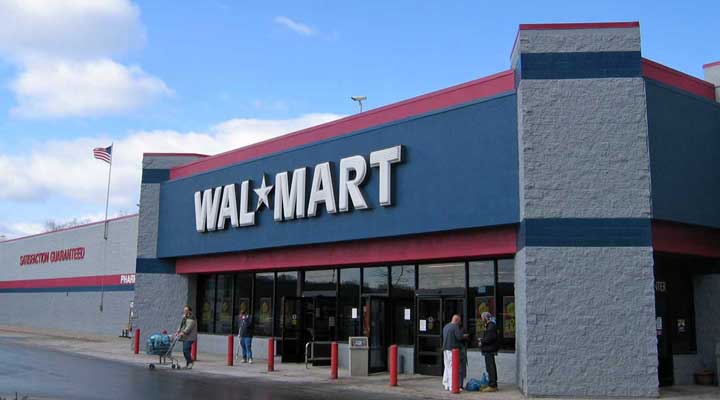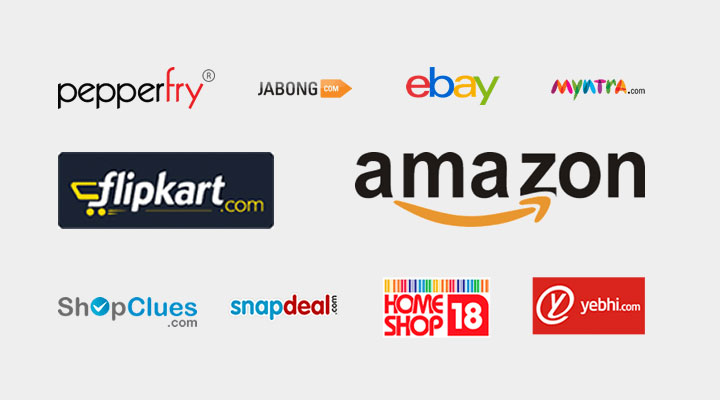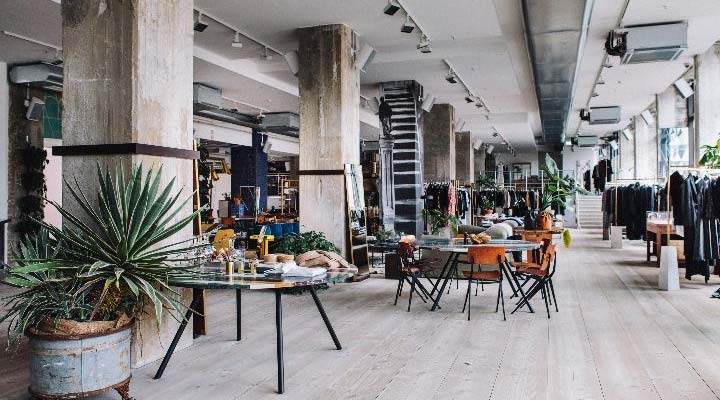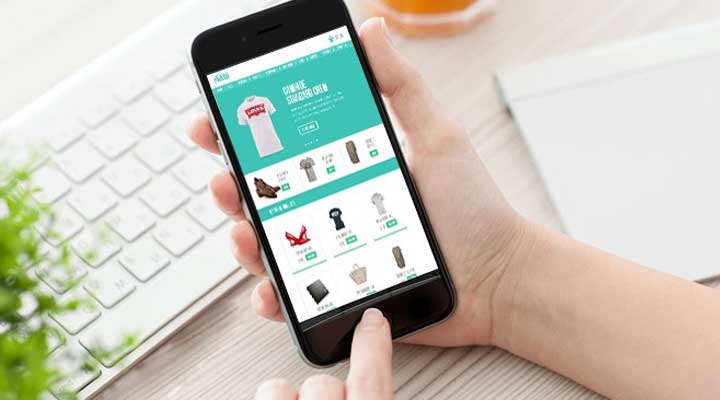Retail can be defined as a process of selling consumer goods or services to the customers, through multiple distribution channels. According to Philip Kotler (famous marketing author and consultant), retailing is defined as all activities involved in selling goods or services to the customers. Retail stores are business enterprises which act as distribution channels for the supply of goods to consumers. The manufacturers sell their goods through wholesalers or retailers. The retailing business helps in understanding the consumer’s demands, developing good merchandise assortment and display the merchandise in a presentable manner to the customers. Retailing is considered as the final step in the distribution of merchandise for end-user consumption.
Retail may be redefined as the first point of customer contact
Retailing is an essential part of everyone’s everyday lives. Most of the greatest economies in the world have the strongest retail sector operational. Wal-Mart, McDonald’s, Marks and Spencers are some of the most famous billion-dollar retail businesses operational worldwide. There are competitive prices existing in the business due to the presence of various competitors in the business. However, there are a few things you didn’t know about the retail industry when you go out there shopping at the retail sectors or even when you read about the falling and increasing prices of commodities.
Different Types of Retailing / retail industry
The retail industry has been divided into several types based on the customer’s demands.
Department Stores

Department stores provide a wide range of products to the end-users under the same roof. The concept of department stores came into existence due to the customer demand for shopping under one roof for all items ranging from vegetables to grocery items. There is a wide range of merchandise which are sold in the departmental stores, namely, electronic appliances, apparels, jewelry, footwear, sportswear, toys, books, and many others. Shoppers Stop and Pantaloons are the examples for the departmental stores operational across.
Discount Stores

Discount stores offer a wide range of products to the end-users at discounted rates. However, there are limited products which fall under the category of discounted products. Wal-Mart is one of the examples of discounted stores operational in the United States. There are more than 1300 discount stores in the US operated under Wal-Mart. In India, Vishal Mega Mart is an example of discounted stores providing products at a cheaper rate than the departmental stores.
Supermarkets

A supermarket is a retail store where food products and household items are sold. It is an advanced form of a small grocery store and helps in catering to the demands of household customers. Food products such as meat, eggs, vegetables, dairy products, juices are the most common products in demand. The bulk purchase of products is offered at discounted rates at the supermarkets.
Warehouse Stores

A retail store which sells limited stock products in bulk and at discounted rates is referred as a warehouse store. The warehouse stores are less popular in comparison to the departmental stores and supermarkets.
Mom and Pop Store

Mom and Pop stores are small stores run by individual businessmen in the nearby locality. These stores are popularly known as Kinara stores in India. Eggs, bread, stationary, cereals, pulses, and medicines are merchandises available at these stores. The high-end is not sold at these stores, due to the limitation of customer demand and class.
Specialty Stores

Specialty stores specialize in the sales of a particular product such as shoes, bags or apparels. For example- Reebok merchandise stores are engaged in the sales of shoes manufactured by Reebok.
Shopping Malls

Numerous retail stores form a shopping mall. There are a variety of stores available in the malls, with varied brands under the same roof. It is one of the popular retail industries in the business.
E-tailers

The transformed generation has easy access to goods and services with the availability of internet services. The orders can be placed through the internet, with various payment gateways offered by the websites such as payment via debit or credit card or even cash wallets. Amazon, eBay, Flipkart are some of the famous e-tailers available in the business. With the ease of product availability and shipping, the popularity of e-retailing is increasing day by day. There are various new vendors upcoming in the industry shipping across the world.
Dollar Stores

Dollar stores are selected products at discounted rates, where the prices are fixed for the commodities. For example- The 99 Store offers most of the products sold at 99 INR only. There is no bargaining entertained at these stores.
10 Things You Didn’t Know About The Retail Industry
1. Brand loyalty

Brand loyalty is one of the main factors of the retail industry. Brand loyalty helps in customer retention. Consumer behavior can be determined by the pattern of products purchases and brands preferences. It helps in building a better customer relationship with the brand and helps in enhanced marketing of the retail industry. Quality and value for money help in building better brand loyalty amongst the customers. The follow-up call services and efficient customer service helps in building brand loyalty towards a particular brand.
2. Concept stores

Concept stores are created to enhance the shopping experience amongst the customers. Many concept stores offer experimental elements such as café or even exhibition space. For instance- Oxford Bookstore has been attached to a café for book lovers, which helps in creating a different experience of book reading and shopping. Concept retailing is gaining popularity in countries such as India, with enhanced innovation and marketing opportunities. These stores are the future of retail industries operational worldwide.
3. Paper bags

Paper bags introduced in the retail industry was invented by a self-taught engineer, Margaret E. Knight. The paper bags have been manufactured using the “Bag Machine” invented by Knight. The paper bags which are available today are manufactured as the updated version of “industrial origami machine”. With the increasing pollution rate, these paper bags would help the retail business in the future.
4. Huge market opportunity

The retail industry has one of the largest market values across the world. With the introduction of e-retailing, online customers have been growing which in turn has helped in generating high revenue for the retail industry. The current retail industry is worth $33.5 trillion according to sources.
5. Fraud cases

Fraud cases from employees, customers, and suppliers is still a problem in the retail industry. With the retail fraud, there has been a decline in the retail business by 1.58% according to studies. The retailers are engaged in setting-up of fraud monitoring to save huge revenue losses in the business. Return fraud is one of the major problems in the retail industry, where the return policies can serve confusing and misleading for the customers. With the help of technology advancements, the companies aim for better fraud protection in the retail industry.
6. Food e-retailing

Retail business collaboration has helped in generating high revenue in the industry. For instance- Amazon has collaborated with whole foods which served disadvantageous for big retailers in the business.
7. Pop-up Stores

The introduction of pop-up stores has helped in improving shopping experiences across the world. It is one of the marketing strategies followed in the retail industry for increasing customer base. There is short-term sales space available in countries such as the United States, Canada, China, Japan, Mexico, Los Angeles, Germany, and various other countries.
8. Retail apocalypse

Retail apocalypse is one of the controversial terms used to describe the shift in consumer shopping pattern impacting the traditional retail business. There are big retail chains which have disappeared across America suffering from the retail apocalypse. The studies have reported shutting down of more than 50% malls in the near future.
9. M-commerce

M-commerce is the new buzz word in the retail industry. The online sales have been termed as m-commerce sales in countries such as Germany, accounting for about 30% sales. With the use of technology, the market revenue is expected to rise over the future with the increasing sales of mobile phones.
10. Stores are time-consuming

Shopping is by far one of the most time-consuming activities. The physical stores or even m-commerce sites are time-consuming, according to sources and experience. Stores are meant to make you lose track of time. If you spend more time in the store, the chances of you to buy something that you don’t actually need increases. Retailers know this fact very well and that is why they developed a huge strategy to make you waste of time in the store.
Retailing is one of the largest revenues generating sector
Jeff Bezos, CEO of Amazon is one of the richest retailers ever in the retail industry. It has been listed as one of the essential things you didn’t know about the retail industry. The retail industry and its history can be studied at Boston University. With technology advancement, the industry has been gaining heavy revenue sales with the help of





Join the Gossip